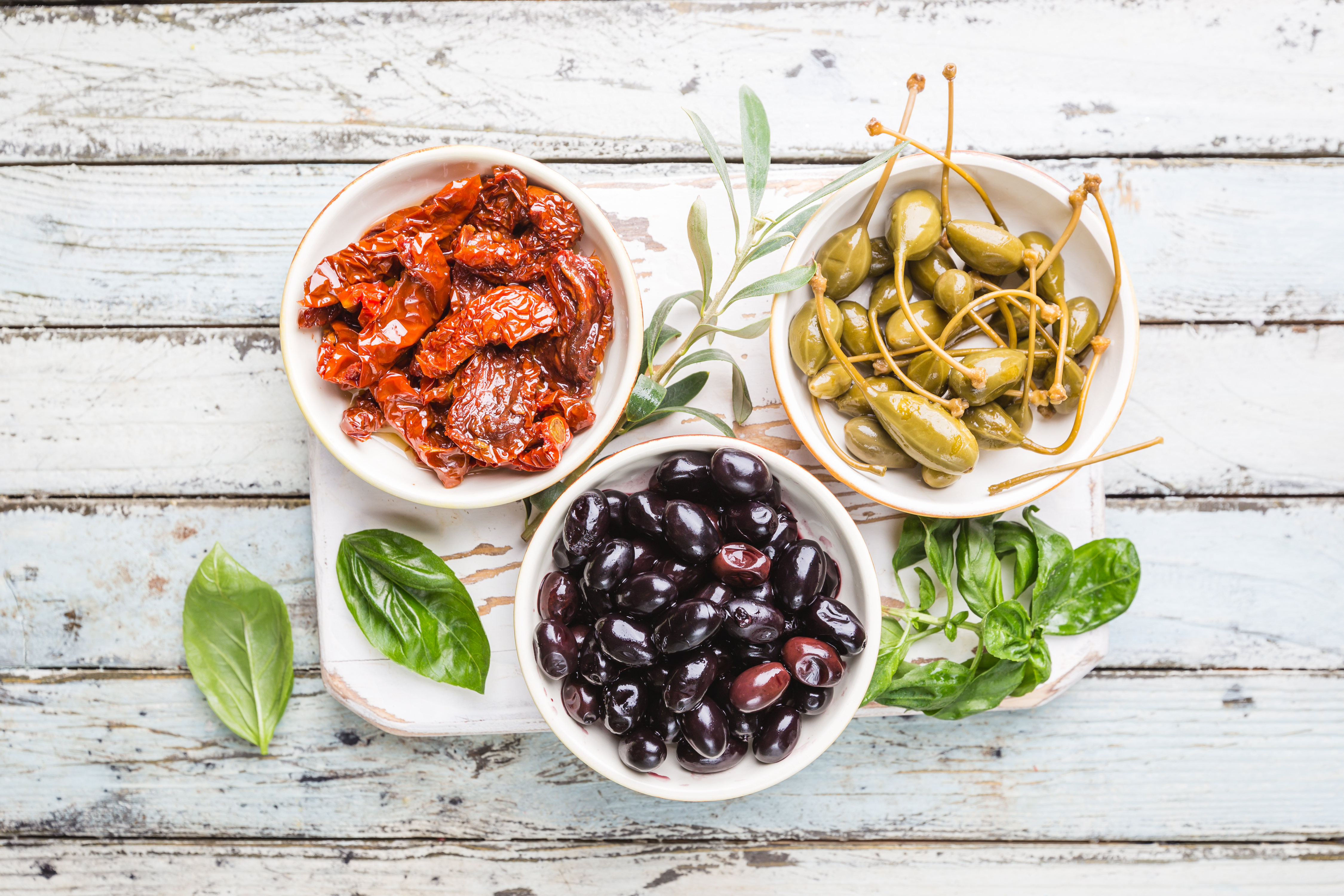Forgotten Eating Habits That Naturally Fortify Your Gut Bacteria
In recent years, the gut microbiome has emerged as a cornerstone of health, influencing everything from digestion to mental well-being. This intricate ecosystem of trillions of microorganisms thrives on the nutrients we consume, making diet a crucial factor in maintaining its balance. As research delves deeper into the gut's influence on our overall health, the significance of diet becomes increasingly apparent. Time-honored diets, rooted in tradition and culture, offer a natural path to fortifying this vital microbiome. These diets have evolved over centuries, shaped by the environmental and cultural contexts of their regions, and are rich in the nutrients that our gut bacteria need to flourish. By exploring these dietary patterns, we can harness their benefits to support a diverse and resilient gut ecosystem. This article will delve into 11 such diets, each offering unique insights and benefits to our microbiome, and demonstrate how integrating these practices can lead to a healthier, more balanced life.
1. The Mediterranean Diet: A Symphony of Flavors and Health

The Mediterranean diet is renowned for its heart-healthy properties, but its benefits extend far beyond cardiovascular health. Rich in fruits, vegetables, whole grains, nuts, and olive oil, this diet provides a plethora of polyphenols and fibers that serve as prebiotics. These compounds nourish beneficial gut bacteria, promoting a diverse microbiome. Research shows that adherence to the Mediterranean diet can increase levels of short-chain fatty acids, crucial for gut health. The inclusion of fermented foods like yogurt further enhances its probiotic content, supporting digestive health. This diet's emphasis on plant-based foods and healthy fats creates an anti-inflammatory environment, which is beneficial for gut integrity. Moreover, the Mediterranean lifestyle, characterized by communal meals and physical activity, complements dietary practices, fostering a holistic approach to well-being. By adopting this diet, individuals can enjoy a flavorful and balanced approach to nurturing their gut microbiome.
2. The Japanese Diet: A Fusion of Tradition and Modernity

Japan boasts one of the highest life expectancies globally, a testament to the health benefits of its traditional diet. The Japanese diet is rich in fermented foods such as miso, natto, and pickled vegetables, which are excellent sources of probiotics. These foods introduce beneficial bacteria into the gut, enhancing microbial diversity. The diet also emphasizes seafood, providing omega-3 fatty acids that support anti-inflammatory pathways in the gut. Seaweeds, a staple in Japanese cuisine, are rich in polysaccharides that act as prebiotics, fostering the growth of beneficial bacteria. The Japanese diet's focus on whole, minimally processed foods ensures a high intake of fiber and antioxidants, essential for maintaining gut health. Additionally, the practice of "hara hachi bu," or eating until 80% full, promotes mindful eating and digestive efficiency. By incorporating elements of the Japanese diet, individuals can support their gut microbiome while enjoying a diverse and flavorful culinary experience.
